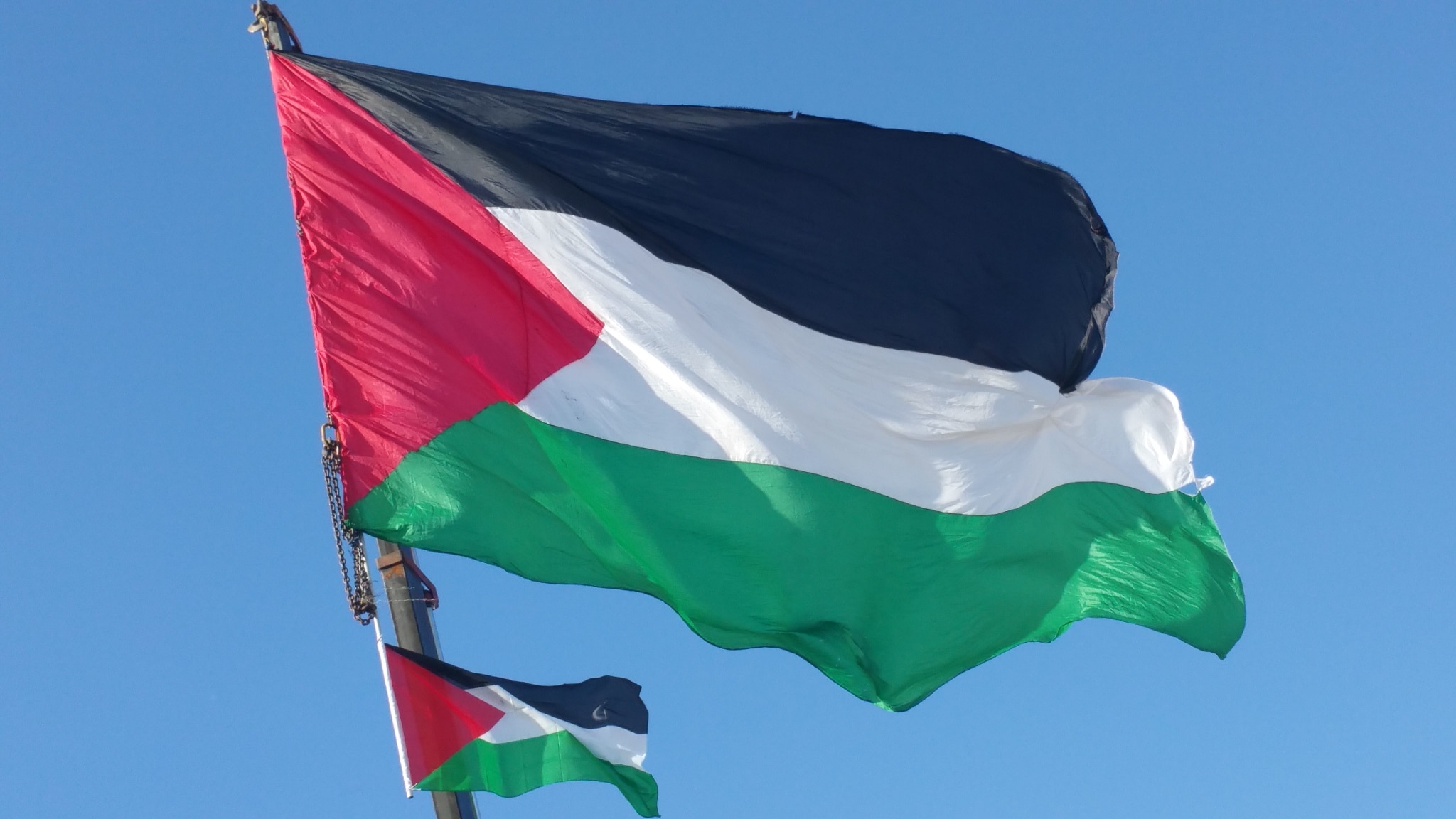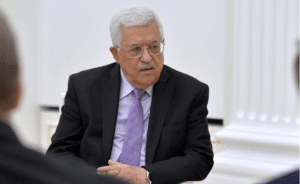Coinciding with Palestine being the 2019 chair of the G77 – a group of 134 developing countries – President Mahmoud Abbas has announced that the entity will place a second bid for membership of the United Nations (UN), of which it is a non-member observer state at the moment. An earlier bid was placed in 2011, but it was vetoed by the United States of America (US) in the UN Security Council.
However, Palestine’s status within the UN was upgraded from non-member observer entity to non-member observer state, enabling the Palestinian Authorities to take part in more than 50 international organizations affiliated with the UN, like Interpol, the International Criminal Court (ICC) and UNESCO. This was already much against the wishes of Israel, and it is generally expected that Israel will oppose the second Palestinian membership bid like it did the first time, and that the US will again use their UN Security Council veto right to keep Palestine from becoming a full UN member state. Though, this does not seem to deter Abbas from placing the bid: he has stated that Palestine membership of the UN means more development in the entire Middle East. He has also stated that Palestine’s current chairmanship of the G77 means that the US cannot neglect the Palestinian Authorities anymore as a serious partner in international relations.
US peace plan allegedly dividing West Bank and East Jerusalem
The US, on the other hand, have been working on a “Middle East peace plan,” incorporating their own views on the region. Although US authorities have not made any statements on the contents of the plan, Israeli media have recently reported in detail about several alleged specifics of the plan, according to Reuters. Part of the plan would be an exchange of lands between Palestine and Israel in the West Bank: Israel would gain settlement blocs, and in return isolated Israeli settlements were to be evacuated or their construction halted. The plan was also reported to mention East Jerusalem: it was to come under Israeli supervision, but with joint decision making by both Palestine and Jordan, and Arab neighbourhoods in the area were to be under full Palestinian supervision. However, the plan was not reported to make any mention of either the Gaza Strip or Palestinian refugees, Reuters said.
Furthermore, The Times of Israel has said that in its current form, Israeli authorities would most likely accept it. However, the Times reported, the Palestinian Authorities probably would not since Abbas vowed to reject any peace plan coming from the current US administration, following president Donald Trump’s decision to move the US Embassy to Jerusalem, and so effectively recognizing the city as Israel’s capital. One of the architects of the plan, which is indeed in its drafting process, has reacted to the alleged plans by saying that they were false, that the plans would not be made public until at least a couple of months and that speculations like these were harmful in the actual peace process. It is expected that the plan will not be published before the Israeli snap national elections, where prime minister Benjamin Netanyahu’s centre-right Likud party are looking at a majority of the votes, to avoid the plans being the main election issue.
Al Jazeera / Reuters / Times of Israel / Ma’an News
Photo: Wikipedia



